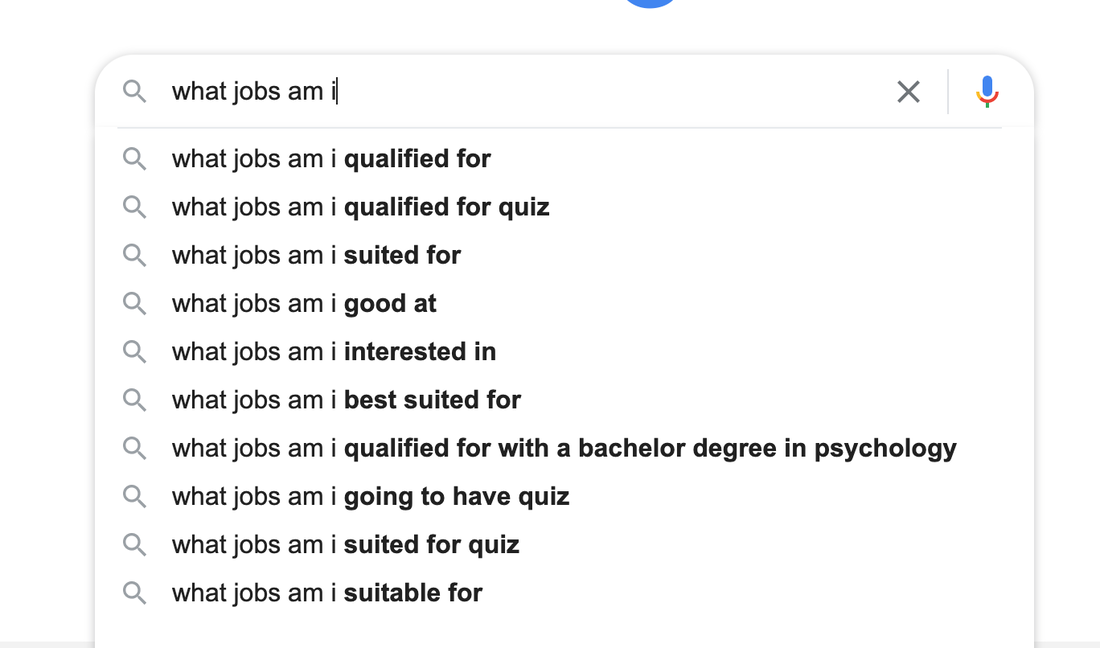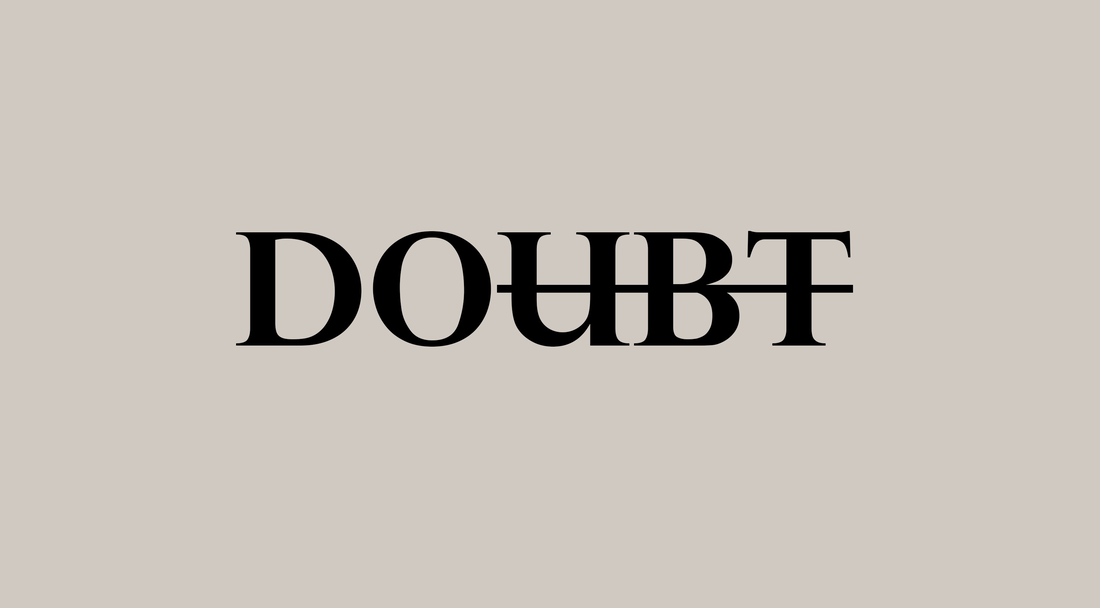|
As you embark on your PhD job search, you may be concerned about your qualifications — particularly if you are considering a non-academic path. My PhD clients often ask:
Here's the good news: as a PhD-holder, you are already qualified for a number of existing roles. Your task is to find a job that is a good fit for you — not to contort yourself into some mask of generalized marketability. By taking a fit-based approach, you shift from a mindset of worry ("am I skilled enough?") to one of fact-finding ("where can my skills be most of service?") If you are considering a non-academic path, you are not alone. Fewer than 50% of PhDs now finish their doctorate with a job offer in hand. That percentage is declining decade over decade. Nearly 50% of PhDs in the US will end up taking a job in industry. Yet 60% need to seek career guidance online because they don’t get adequate mentorship within their institutional environment. In advising more than 50 PhDs on their career paths, I have uncovered a number of techniques that enable folks to successfully land non-academic jobs. Below I have listed 4 such strategies.  Strategy 1: Stop Reading Job Ads — For Now This sounds impossible, right? How can you learn about jobs without reading ads? Won't job ads give you an idea of the skills you need in order to be worthy of a job? The problem with job ads is that they are like a Tinder profile with airbrushed photos: they represent a distorted view of what a role will be like in reality. Moreover, they may spark insecurities about your own qualifications. Notice the "worthy" terminology that I used above? Ever found that you feel unbelievably unworthy after perusing job ads (or looking at hotties on Tinder, for that matter)? Reading ads can put you in a low-power and low-self-esteem mindset. This is not where you want to be as you embark on a job search. Instead, I recommend exploring roles using a tool called informational interviewing which I will describe in more detail below. You can start reading job ads when you begin to apply for jobs, since these ads contain buzzwords for your resume. But that brings us to another strategy that may seem counter-intuitive… Strategy 2: Do Not Apply To Jobs While You Explore Too often, I see job-seekers start sending out applications left and right without any focus or decision-making upfront. This approach allows them to get some feedback if they luck into landing interviews. But, it often yields a whole lot of rejection. And this rejection can make them want to give up on their job search entirely. To counteract rejection fatigue, I recommend that you take at least 3-4 weeks to explore roles before you submit any job applications. Using the information that you gather in info interviews, you can make a decision on 1-2 target roles. With target roles in mind, you can tailor your resume towards those roles, thereby increasing your chances of success. By sending out only focused applications, you will encounter less rejection throughout the job search process. Strategy 3: Start Conducting Informational Interviews So by this point you may be wondering - what are these informational interviews that Tory keeps mentioning? An informational interview is a 30 - 45 minute conversation where you ask someone for information about their job. These conversations allow you to assess fit with a given role, company, and industry. Unlike a date with the airbrushed Tinder hottie, an informational interview is like a date where you have been set up by a friend. From conducting informational interviews, you can uncover:
And those are just the role-specific areas that you can learn about — not to mention the information that you can gather on an industry, company, or a specific team. Can you tell how much I love informational interviews?! If you are curious to learn more about how to leverage informational interviews in your job search, I have a free guide available here. Strategy 4: Learn the Local Language By definition, jargon varies dramatically across industries. To move from academics into an industry role, you're going to have to learn a new set of terms and new way of speaking about your work. Fortunately, you can uncover the language of your target industry during informational interviews. The phrases you hear repeated over and over? Those are your buzzwords. The language that your interviewees use to talk about their background? Borrow the elements that work for you. By learning these targeted ways of speaking about your experience, you will increase your credibility as an "insider." This practice is similar to traveling to a new country and learning a few phrases beforehand for how to navigate — these phrases go a long way in communicating with the locals. To illustrate this strategy, let's take a detour into my own experience in moving from academia to industry. As a science PhD, I had done quite a bit of statistical analysis in my doctoral research. But, I had no idea that this was a marketable skill until I started conducting informational interviews with data scientists. Soon, I recognized that terms like unstructured data, A/B testing, and multivariate statistics mattered to folks working in this field. By identifying ways to incorporate jargon terms into my own career narrative, I was able to bridge the gap. Doing so mitigated risks that might have come to mind in offering a job to a chimpanzee researcher — instead, they could feel more solid in offering a job to a scientist experienced in statistics and A/B testing. Importantly, in learning the local language, you are not learning any new skills — you are just learning a new way to describe skills you already have. Conclusion: Your Mindset Matters
As you start using these strategies to find jobs, you may still run up against self-doubt — moments where you wonder whether you are qualified for anything. In those moments, remember that you are on a fit-finding journey and not a journey where you need a job in order to prove your self-worth. The job that aligns with your goals and strengths is out there now, just waiting for you to find it. Curious for more tips on your PhD job search? I've distilled what I have learned from coaching more than 50 PhDs into industry in Academic Exit: a playbook for you to move from academia into industry without studying.
0 Comments
Leave a Reply. |
AuthorI'm writing this blog to share my perspective on career transitions, time management, and personal growth. Archives
September 2021
Categories
All
|


 RSS Feed
RSS Feed